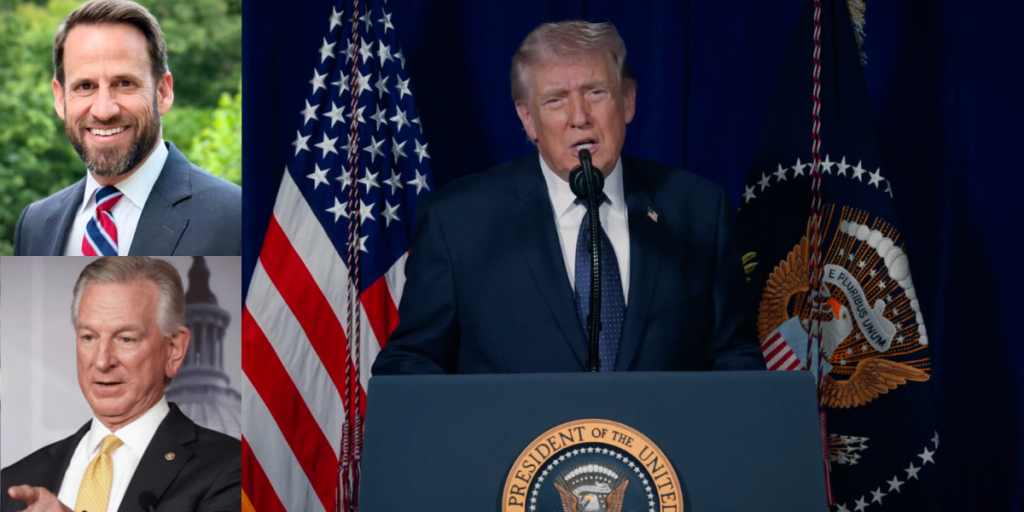It’s difficult to believe that nearly two years have passed since the COVID-19 pandemic arrived in our country. These past two years have been a rollercoaster ride of uncertainty, riddled with challenges many of us have yet to experience in our lifetimes. The public health crisis has left no community untouched, as millions have grappled with health challenges, job loss, and other personal and financial struggles. Many Alabama communities are still confronting these hardships head-on, which is why legislators must continue to do all they can to aid communities in need.
In Alabama and throughout the country, communities of color and disadvantaged populations have been disproportionately affected by the pandemic and the subsequent economic fallout. The public health crisis put a spotlight on the inequities many people in these communities face – especially our black community. In May of last year, reports showed that in Alabama, black residents made up about 39% of confirmed COVID-19 cases and 45% of deaths, despite comprising only 27% of Alabama’s population. This alarming and disproportionate impact of COVID-19 on the black community has played out throughout the entire country.
The pandemic’s impact on minority communities as well as on millions of other Americans who are poor, disabled, and uninsured has opened a necessary dialogue in Congress about effective solutions that will help more Americans afford health care. Fortunately, last year Congress passed the American Rescue Plan Act (ARPA). The legislation expanded marketplace health insurance subsidies that makes coverage more affordable for millions of Americans. These tax credits have been a crucial lifeline for thousands of Alabamians and their families. However, they will expire at the end of next year if Congress doesn’t act to make them permanent in this year’s budget reconciliation bill.
If they aren’t made permanent, we could potentially be depriving over 40,000 uninsured Alabamians of the opportunity to purchase affordable coverage next year. We cannot allow our communities to go without access to timely, quality care simply because they lack access to affordable coverage options. Far too often, minority and lower-income patients face potentially life-threatening issues or fail to seek necessary care due to lack of adequate health insurance. These subsidies are essential for the timely and effective administration of care.
There are millions of uninsured Americans who could still benefit from premium subsidies. After ARPA was enacted, an estimated 11 million people who are uninsured were eligible for subsidized marketplace plans — but had not enrolled in marketplace coverage. That’s according to analysis from the Kaiser Family Foundation. These uninsured individuals are more likely to have a high school education or less, be Hispanic, young, live in a rural area, or lack internet access at home. It’s clear that millions of Americans take advantage of these important subsidies – many of whom are from minority or disadvantaged populations and could greatly benefit in the years to come.
On behalf of our Alabama communities, our lawmakers must act swiftly to ensure health insurance subsidies are made permanent in the year-end budget bill. For legislators who represent predominantly minority communities or disadvantaged populations, it’s critical that we do not let these benefits go by the wayside at a time when so many people are still struggling to make ends meet or manage unexpected health challenges.
Lawmakers like Congresswoman Terri Sewell have an opportunity to ensure that these communities have access to affordable health coverage in 2022 and beyond. For the longevity and prosperity of these communities — and for every community in our great state — every American should have the confidence that their health care needs will be met during these trying times we all still face.
Cory Penn is a Mobile city councilman













